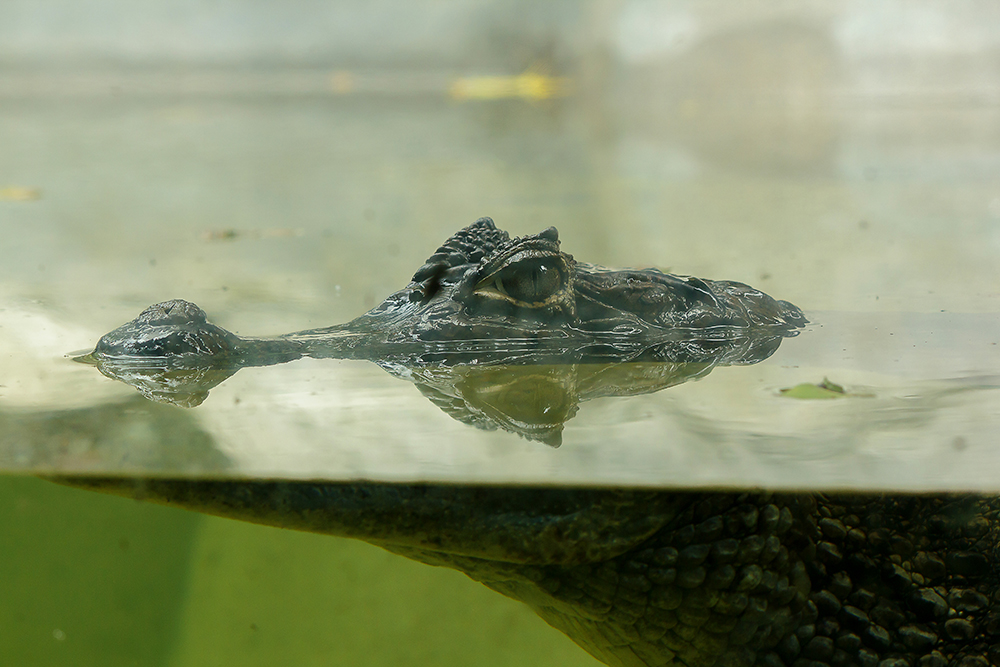Essential Alligator Hunting Tactics Every Hunter Should Know



Alligator hunting requires skill, patience, and the right techniques to ensure a successful and safe experience. Whether you're a seasoned hunter or new to the sport, understanding proven tactics can make the difference between a memorable hunt and going home empty-handed. This comprehensive guide covers the essential strategies, equipment, and safety measures that will help you master the art of alligator hunting.'
Alligators are most active during dawn and dusk hours when they typically feed. These prehistoric predators are opportunistic hunters that prefer to ambush their prey from concealed positions along water edges. Understanding their feeding schedule helps hunters plan their approach and timing.
During warmer months, alligators become more active and venture into deeper waters. They often bask in the sun during midday hours, making them easier to spot but harder to approach. Cold weather makes them sluggish and more likely to remain in shallow, warmer areas.
Successful hunters know where alligators like to spend their time. These reptiles favor:
Identifying these preferred habitats significantly increases your chances of locating alligators during your hunt.
Proper equipment is crucial for safe and effective alligator hunting. Your basic gear should include:
Weapons: Most hunters use crossbows, harpoons, or specialized alligator guns. Check local regulations for approved weapons in your hunting area.
Lines and Hooks: Heavy-duty fishing line (at least 200-pound test) attached to large treble hooks or specialized alligator hooks.
Restraint Equipment: Electrical tape, rope, and snares for securing captured alligators.
Safety Gear: Life jackets, first aid kit, headlamps, and emergency communication devices.
Since most alligator hunting occurs from boats, having the right watercraft is essential. Shallow-draft boats work best for navigating marsh areas where alligators commonly hide. Equip your boat with:
Anchor system for positioning
This traditional approach involves quietly scanning water surfaces for alligator eyes reflecting light. Hunters use spotlights to identify the telltale red eye shine that indicates an alligator's presence. Once spotted, the hunter slowly approaches while maintaining distance until within range.
Key tips for spot and stalk:
Using bait can attract alligators to specific locations, making them easier targets. Effective baits include:
Set baits in areas with known alligator activity, typically near vegetation or structure where they feel secure. Allow enough time for alligators to find and investigate the bait before beginning your hunt.
Alligator calls can be effective during mating season when males are territorial and responsive to sounds. Different calls serve various purposes:
Practice your calling technique before the hunt and use it sparingly to avoid spooking nearby alligators.
Safety should always be your top priority during gator hunts. Before heading out:
Alligators are powerful and dangerous animals that require respect and caution. Follow these safety guidelines:
After successfully shooting an alligator, proper handling is crucial for safety:
Monitor the animal constantly during transport
Alligator hunting requires proper licensing and permits that vary by state and hunting location. Research the specific requirements for your hunting area, including:
Alligator hunting seasons are strictly regulated and typically occur during specific months. Plan your hunt within legal season dates and be aware of daily bag limits and size restrictions.
Most jurisdictions require hunters to report their harvest and may require inspection of harvested alligators. Understand the reporting process and deadlines to remain compliant with regulations.
Selecting the right hunting location significantly impacts your success rate. Consider these factors:
Working with experienced guides offers several advantages:
Mastering alligator hunting tactics takes practice, patience, and respect for these magnificent predators. Success comes from understanding alligator behavior, using proper equipment, and applying proven techniques while maintaining safety as your top priority.
The combination of skill, strategy, and adrenaline makes alligator hunting one of the most exciting and challenging pursuits available to hunters. Each hunt offers unique experiences and the opportunity to test your abilities against one of nature's most formidable predators.
Remember that continuous learning and practice will improve your success rate over time. Study the waters, observe alligator behavior, and refine your techniques with each hunting experience.
If you'd like to experience gator hunts in Orlando, FL, contact Switchgrass Outfitters today for booking information. Their experienced guides can help you apply these tactics while ensuring a safe and successful hunting adventure.